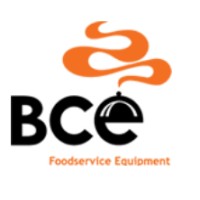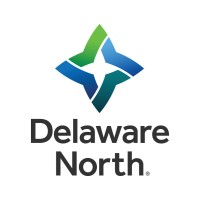
BCE
BCE Foodservice Equipment (Pty) is a leading supplier of kitchen utensils, industrial cookware and commercial kitchen appliances to the foodservice industry in Africa. BCE Foodservice Equipment was founded in 1987 and established a reputation for exceptional service and superior quality products. BCE has built on its reputation as Southern Africa’s leading supplier of kitchen utensils, industrial cookware and commercial kitchen appliances by expanding into the African Continent and Indian Ocean Islands. We carry a range of more than 6,000 products, all of which are best of breed and sourced from reputable local and international suppliers. Our products are classified into the following categories: • Heating • Processing • Refrigeration • Washing • Cleaning • Utilities and Smalls • Chefware • Display Ware & Buffetware • Hotelware • Glassware and Crockery • Storage and Handling Our head office is based in Johannesburg with branches in both Cape Town, Durban as well as a full showroom and warehouse in Lagos, Nigeria. In our Johannesburg branch we have the largest showroom of its kind in Africa, where potential buyers are able to view our product range in its unpacked state, replicating our product range found in our comprehensive catalogue.






